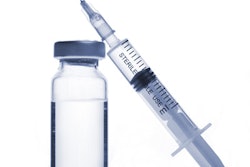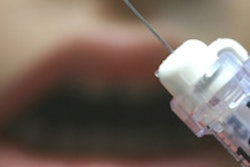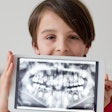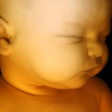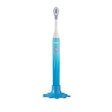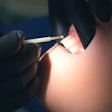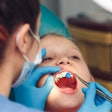Last week, the U.S. Food and Drug Administration (FDA) issued a safety alert that oral viscous lidocaine 2% solution should not be used to treat infants and children with teething pain. In response to concerns expressed, the American Academy of Pediatric Dentistry (AAPD) has issued a statement to DrBicuspid.com.
"Based on the June 26 warning issued by the U.S. Food and Drug Administration on how oral viscous lidocaine solution is not approved to treat the teething pain of infants and children, we want to impart to the lay public that teething is a normal part of childhood and that we recommend offering nonmedicinal alternatives in addressing teething pain," AAPD President Edward H. Moody Jr., DDS, stated.
He continued by directing dentists to information they can share with their patients.
"The American Academy of Pediatric Dentistry recommends that all children have their first dental visit as soon as teeth begin to come in, and no later than age 1, which provides the dentist with an opportunity to chat with parents and caregivers about proper tooth care, including ways to deal with teething pain. For more information on teething pain or other children's dental issues, please go to AAPD's consumer site, www.mychildrensteeth.org."
The FDA alert stated that healthcare professionals should not prescribe or recommend oral viscous lidocaine 2% solution product for teething pain. The agency recommended that parents and caregivers follow the American Academy of Pediatrics' recommendations for treating teething pain:
- Use a teething ring chilled in the refrigerator (not frozen).
- Gently rub or massage the child's gums with your finger to relieve the symptoms.
The alert continued by stating that topical pain relievers and medications that are rubbed on the gums are not necessary, or even useful, because they wash out of the baby's mouth within minutes. When too much viscous lidocaine is given to infants and young children or they accidentally swallow too much, it can result in seizures, severe brain injury, and problems with the heart. Cases of overdose due to wrong dosing or accidental ingestion have resulted in infants and children being hospitalized or dying.




